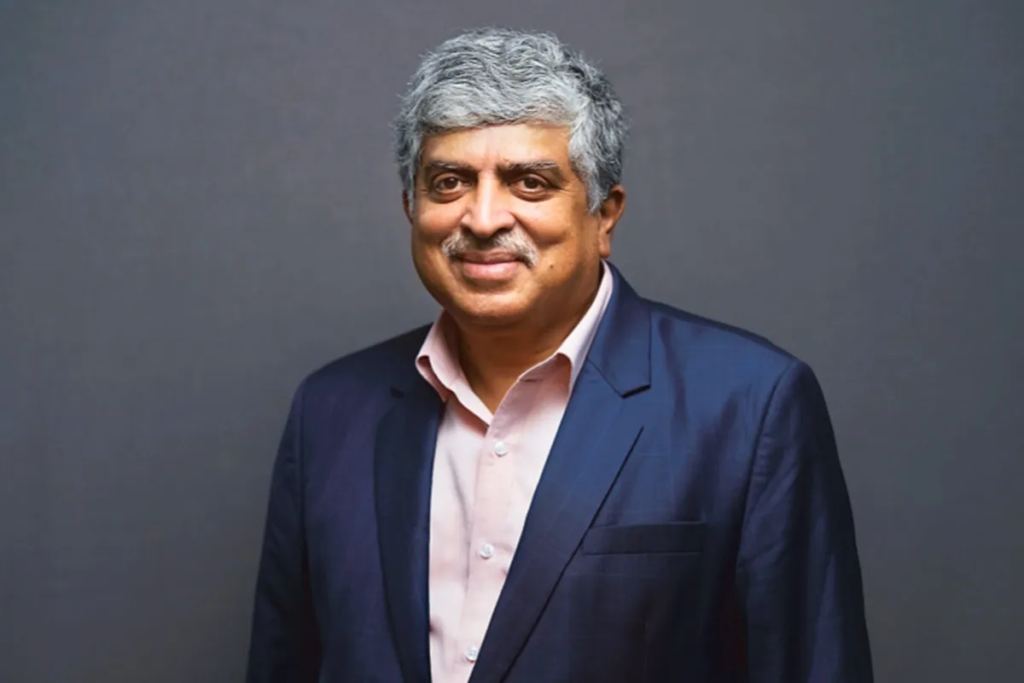India’s robust digital public infrastructure (DPI) will serve as the foundation for inclusive, scalable, and responsible artificial intelligence, said Infosys chairman and Aadhaar architect Nandan Nilekani. Speaking at the Global Technology Summit, Nilekani emphasized that India is entering a pivotal phase where its digital advancements can be paired with AI to drive transformational change.
“AI makes DPI better,” Nilekani stated, highlighting how the past decade’s infrastructure—from Aadhaar to UPI—is now being enriched with artificial intelligence. “India will be uniquely placed because of its history, and it will combine DPI and AI to create a whole new way of doing things.”
He cautioned, however, against overestimating AI’s ease of implementation. “AI is not easy, certainly not an overnight magic,” Nilekani said. “There’s a lot to be done if you really want to make all this AI stuff work. And all transitions are painful… the difference this time is the hype is at a different level. People think it is some ‘pixie dust’.”
Nilekani argued that India must focus AI efforts on solving real-world problems at scale, while keeping costs low and ensuring inclusivity. “The running theme in India is how to use AI to make lives better at a low cost,” he said, adding that narrow, high-impact use cases should take priority over broad applications.

He also spoke about the growing trust in AI systems, which marks a new chapter in technological evolution. “We didn’t do that earlier because previous technology was deterministic, predictable. Now, we are essentially expecting the machine to make decisions… there’s a huge leap of faith,” he said. Yet, this shift introduces greater scrutiny. “People are far more forgiving of human error. But when there’s a machine error, it gets a very different response.”
Despite India’s slower adoption of past tech waves, Nilekani believes AI could follow a different trajectory. “Each cycle of technology takes less and less years… Interestingly, this time around, while we expect AI adoption to take 10–15 years, our belief is that in India it can happen much faster.”
He credited Aadhaar and UPI for accelerating this momentum, enabling a surge in digital services and fostering homegrown innovation from startups like PhonePe and Meesho.
“India’s DPI will be the basis for using AI,” Nilekani noted. “It is built on an existing foundation of digital transformation that has happened for a decade.”
Looking ahead, Nilekani said the next phase of AI adoption in India will be driven by local language support, voice and video interfaces, and affordability. “Exorbitant prices won’t work here,” he stressed. Open-source models tailored for India’s linguistic and cultural landscape will be key.
Ultimately, he emphasized that AI in India must empower people rather than replace them. “It is not how do we use AI to make things so convenient that you lose your skills… It is about using AI to improve the capacity and potential of human beings.”
